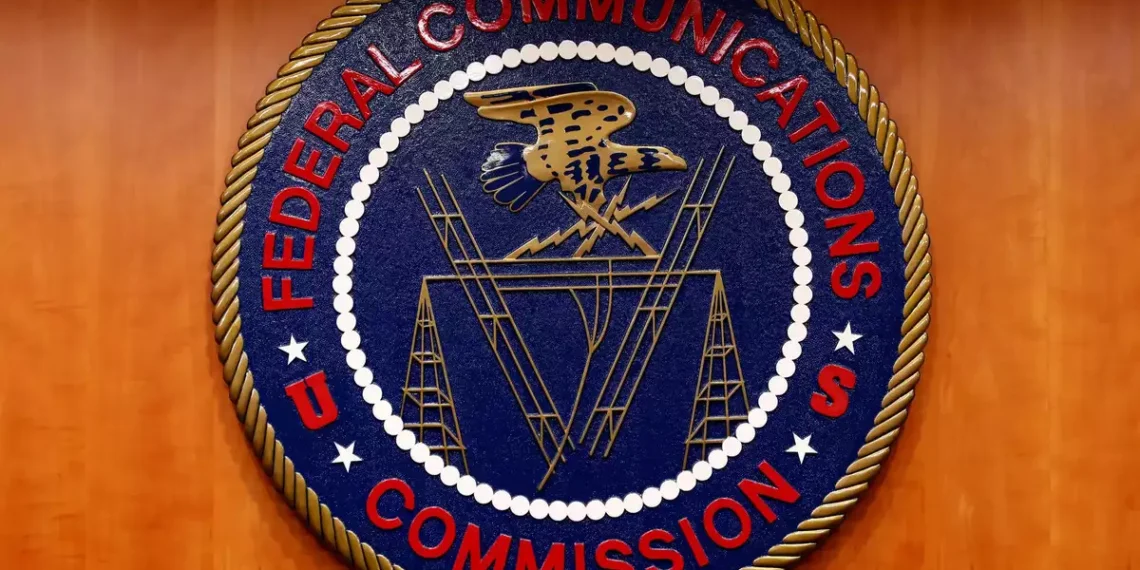In a significant blow to President Joe Biden‘s administration, a U.S. court has struck down the proposed “net neutrality” rules, ruling that the federal government lacks the authority to regulate internet providers as utilities. This decision marks a major setback for open internet advocates who have long championed regulations to ensure equal treatment of all legal content by internet service providers like AT&T and Verizon.
The court’s decision arrives at a pivotal moment, coinciding with Donald Trump’s anticipated return to the White House for a second term. For many, this ruling could signal the end of a long-standing legal battle over net neutrality, a contentious issue that has divided political and tech communities for over a decade.
Net neutrality rules were first introduced under former Democratic President Barack Obama, aiming to prevent internet providers from throttling speeds, blocking content, or charging premium fees for faster service. However, these regulations were repealed during Trump’s first term, sparking widespread backlash and igniting debates about the future of internet freedom in the U.S.
In its ruling, the Sixth Circuit Court of Appeals emphasized that the Federal Communications Commission (FCC) no longer has the legal authority to interpret such laws. This position aligns with a recent Supreme Court decision that limits federal agencies’ regulatory powers, a precedent critics argue will weaken consumer protections across various sectors in the years to come.
Brendan Carr, a Republican FCC commissioner and Trump appointee, praised the ruling, calling it a rejection of what he termed the Biden administration’s “internet power grab.” On the other hand, Jessica Rosenworcel, the FCC’s outgoing Democratic commissioner, called for Congress to act. “Consumers across the country have repeatedly expressed their desire for an internet that is fast, open, and fair,” she said. “It’s now up to Congress to enshrine these principles into federal law.”
The ruling reignites a fiery debate that once dominated headlines and even late-night television. Comedian John Oliver famously rallied public support for net neutrality in 2014, leading to a flood of public comments that temporarily crashed the FCC’s website. While the issue has since lost some of its urgency, Thursday’s ruling underscores its enduring relevance.
Read also: FBI probes potential terror link in Tesla Truck explosion outside Trump International Hotel
Notably, the court’s decision does not impact state-level net neutrality laws, which still offer protections in states like California. Advocates argue, however, that federal rules are essential to prevent internet providers from throttling content or charging exorbitant fees for faster access.
Public Knowledge, a progressive internet policy group, criticized the court’s ruling, arguing it had created a dangerous regulatory vacuum. “This decision leaves consumers vulnerable while granting broadband providers unchecked power over Americans’ internet access,” the group said, adding that the court’s classification of internet providers as “information services” rather than telecommunications companies undermines vital consumer protections.
Conversely, USTelecom, an industry group representing providers like AT&T and Verizon, hailed the decision as a win for innovation and competition in the digital marketplace. “This is a victory for American consumers that will drive investment and foster competition,” the group said.
As the legal battle shifts to Congress, the future of net neutrality remains uncertain. Advocates warn of potential abuses by internet providers without federal regulations, while industry leaders argue that deregulation paves the way for innovation and growth. For millions of internet users, the stakes couldn’t be higher.






